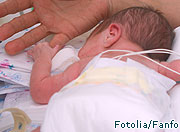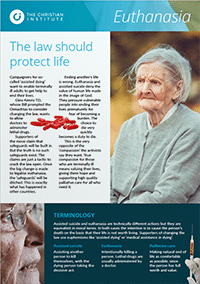Pro-life campaigners in Northern Ireland have won a High Court challenge against the Department of Health, Social Services and Public Safety’s guidelines on abortion.
The judge who originally called for the guidelines to be issued did so “in the hope that the department will seek to reduce the number of women and girls going away to seek an abortion and to encourage those seeking an abortion in Northern Ireland to make a different choice.”
However the guidelines, released in March this year, simply stated that women seeking abortions should be offered “non-judgmental and non-directive” counselling and, where possible, time to consider their choice.
The Society for the Protection of Unborn Children (SPUC) argued that because abortion is illegal in Northern Ireland it is wrong to expect medical professionals to give “non-directive” counselling to those considering an abortion.
Judge Lord Justice Girvan has now ruled that the guidance, published by the Northern Ireland Department of Health, should be withdrawn as “it has been found to be misleading.”
The judge said that the current guidelines were open to misinterpretation and that the language was “ambiguous”.
He also said it left medical professionals unclear about what was expected of them.
Liam Gibson, Northern Ireland Officer for SPUC said: “It is simply extraordinary that a Government department should have issued guidance on criminal legislation and not have once have mentioned the victim of the crime”.
Bernadette Smyth, director of pro-life group Precious Life, welcomed the court’s decision as “a victory for our unborn children.”
The judge awarded costs to SPUC.
Campaign groups have previously criticised the guidance for blurring the distinction between indirect abortion, which takes place in the course of emergency treatment for the mother, and directly terminating a pregnancy.
Abortion numbers in the UK are the highest in Europe with 219,336 terminations taking place in 2007 according to figures released by the Institute for Family Policies.



